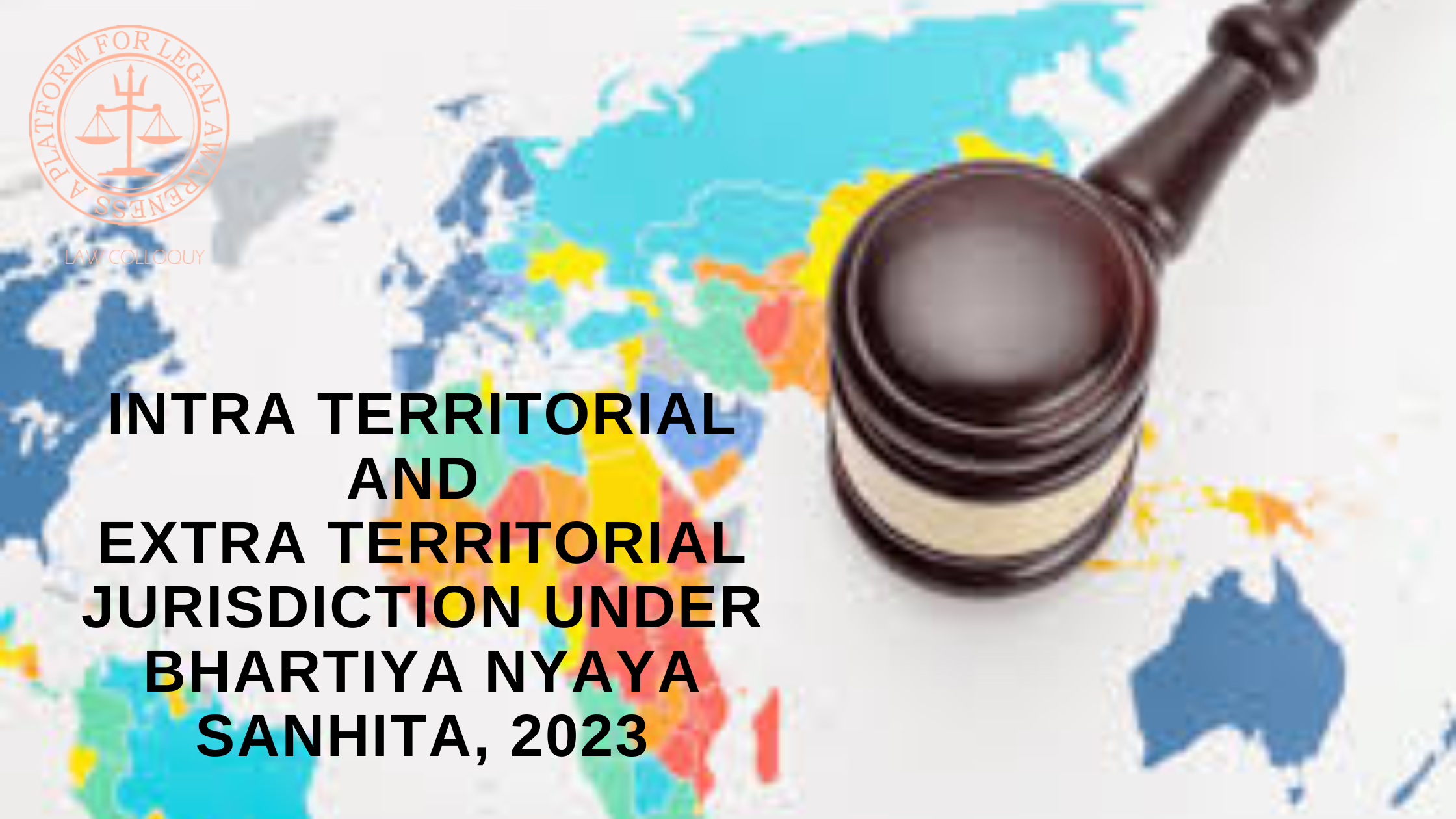Evolution of the Indian Penal Code to Bharatiya Nyaya Sanhita (BNS)
India's criminal justice system is a testament to its remarkable resilience and adaptability. It has evolved to meet the needs of various historical periods, including the recent amendment of the Bhartiya Nyaya Sanhita. This blog explains the evolution of the penal system in India.
Distinction between ‘Wrongful restraint’ and ‘Wrongful confinement’
The term ‘Wrongful restraint’ denotes a willful obstruction of any individual in order to keep that individual from continuing toward any path in which that individual has a privilege to continue.
General Exception Under Indian Penal Code 1860
When a person proved with the commission of an offence, and ought to have been punished by law, if he is exempted from such legal punishment under special conditions stipulated in the law, it is known as General Exception. General exceptions have been explained under Sections 76 to 106 of IPC.
Stages of Crime
If a person commits crime voluntarily or after premeditation it involves certain stages. There are four stages in the commission of crime.
Intra Territorial and Extra Territorial Jurisdiction Under Bhartiya Nyaya Sanhita, 2023
Jurisdiction is an aspect of state sovereignty and it refers to judicial, legislative and administrative competence. Jurisdiction may be defined as power or authority of a court to hear and determine a case, to adjudicate and exercise any judicial power in relation to it by taking cognizance of matters presented before the court. There are two kinds of jurisdiction of courts.
Significant Rights Pertaining to Women
A woman should be taught to believe in protecting herself on her own and not to depend on a man for her protection. She has the power to protect the world and not just herself. A strong woman is the one who can dare to raise her voice for the cause she be

.png)



